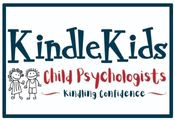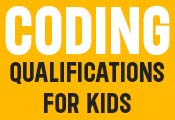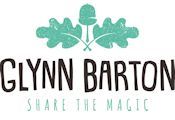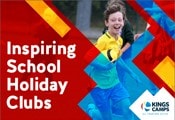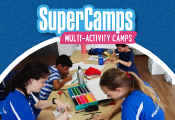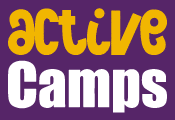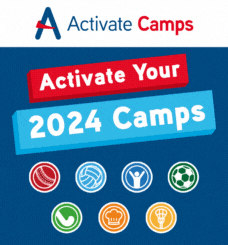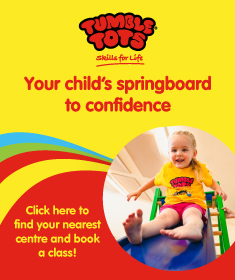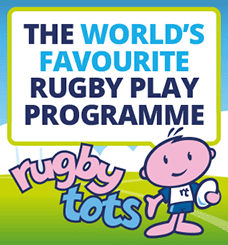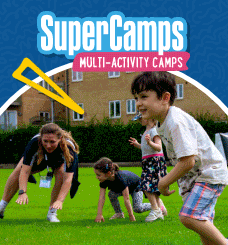Cerebral Palsy
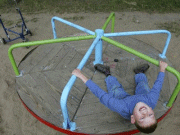
WELCOME TO THE ALL 4 KIDS UK CEREBRAL PALSY PARENTING RESOURCE PAGE. BELOW YOU'LL FIND HELPFUL ADVICE AND A LINK TO COMPANIES OFFERING HELP HERE
Special Thanks to Cerebral Palsy Helpline for supplying the following information:
Cerebral Palsy Helpline
Address: P.O. Box 833, Milton Keynes, MK12 5NY
Email: [email protected]
Web: www.scope.org.uk
Fax: (01908) 321051
Tel: (0808) 800 3333
CEREBRAL PALSY
Cerebral Palsy can be defined as a disorder of movement and posture due to a non-progressive defect or lesion to the immature brain.
If someone has cerebral palsy it means that part of his or her brain is not working properly or has not developed. This will have happened before they were born, around the time of birth or in early childhood. The affected area of the brain is usually one of the parts which control the muscles and certain body movements. In some people, cerebral palsy is barely noticeable. Others will be more severely affected.
The important thing to remember with cerebral palsy is that it is a very wide ranging condition and no two people will be affected in the same way.
Cerebral palsy occurs in approximately one in 400 live births. About 1,800 children are diagnosed with cerebral palsy in Great Britain each year. It can affect people from all backgrounds.
It is often not possible for doctors to give a reason why part of a baby's brain has been injured or failed to develop. Some possible causes are:
- the mother of the baby had an infection in the early part of the pregnancy.
- the baby had a difficult or premature birth, maybe they were unable to breath properly.
- there could have been some bleeding within the baby's brain.
- there could be a genetic link but this is rare.
- often there is no obvious cause.
One of the effects of cp is that messages between the brain and muscles are jumbled. There are commonly three types of cerebral palsy, depending on which part of the brain and muscles are affected:
- Spastic - meaning the muscles are stiff and range of movement in joints is decreased and a person with spastic cp has to work harder to move and walk. Spasticity is the most common form of cp.
- Athetoid - characterised as involuntary movements as the muscle tone changes from floppy to tense in an uncontrolled manner. Speech may also be hard to understand.
- Ataxic - ataxia affects the whole body and results in unco-ordinated movements and difficulties in balance so the person will probably be very unsteady and have shaky movements.
Many people with cerebral palsy have a combination of the above characteristics.
You may also hear words such as hemiplegia and quadriplegia, these refer to the parts of the body affected:
- Hemiplegia - either the left or right half of the body is affected.
- Diplegia - both legs are affected with the arms not being affected or only slightly affected.
- Quadriplegia - both arms and legs are equally affected.
Cerebral palsy is a condition not a disease. People do not "suffer" from cp. It is not progressive or degenerative. It does not become more severe as the child gets older, although some difficulties may become more noticeable. There is no cure for cerebral palsy. However early intervention in the form of treatments and therapies may reduce some of the affects of cp and help children learn to cope with their disability. Children can be positioned well from an early age and encouraged to play in a way that helps them to improve their posture and muscle control, they can be helped to develop and achieve more things for themselves. There are also a number of therapies, which may be suitable for some individuals.
Other associated difficulties
Other difficulties and medical conditions may occur more commonly in people with cerebral palsy. Just because a person has cerebral palsy does not mean that they will also have these difficulties. However it may help you to consider some of these:
- children with cerebral palsy may have problems with constipation or sleeping. The doctor or health visitor should be able to offer advice about this.
- people with cerebral palsy may have problems with speech which are associated with difficulties in chewing and swallowing, and problems understanding the spoken word. A speech and language therapist may be able to advise.
- some people with cerebral palsy have epilepsy. Often medication can help control this
- some people with cerebral palsy may have difficulty distinguishing and comparing shapes. This is to do with visual perception, this means someone's ability to interpret what they have seen, not a problem with their eyesight.
- people with cerebral palsy may have learning difficulties, which means they are slow to learn. The difficulties can be mild, moderate or severe. They may have a 'specific learning difficulty' that is a problem with a particular activity such as reading, drawing or arithmetic, because a specific part of the brain is affected.
It is important to remember that even someone severely physically affected by cerebral palsy may have average or above average intelligence.
Scope is a national disability charity with a focus on cerebral palsy. Its aim is for disabled people to achieve equality in all walks of life. Scope provides national and local services based around the areas of early years, education, employment and daily living.
For information about cerebral palsy and disability issues as well as information on Scope and copies of information sheets and publications, contact the Cerebral Palsy Helpline. The Helpline provides in-depth information and advice on cp and disability issues as well as support and initial counselling.
The Helpline hours are: Monday - Friday 9 a.m. to 9 p.m. Saturday and Sunday and Bank Holidays 2 p.m. to 6 p.m.
Scope can make information available in other formats and languages. There is also an interpreting service via Language Line for people whose preferred language is not English. Contact the Cerebral Palsy Helpline for details.






